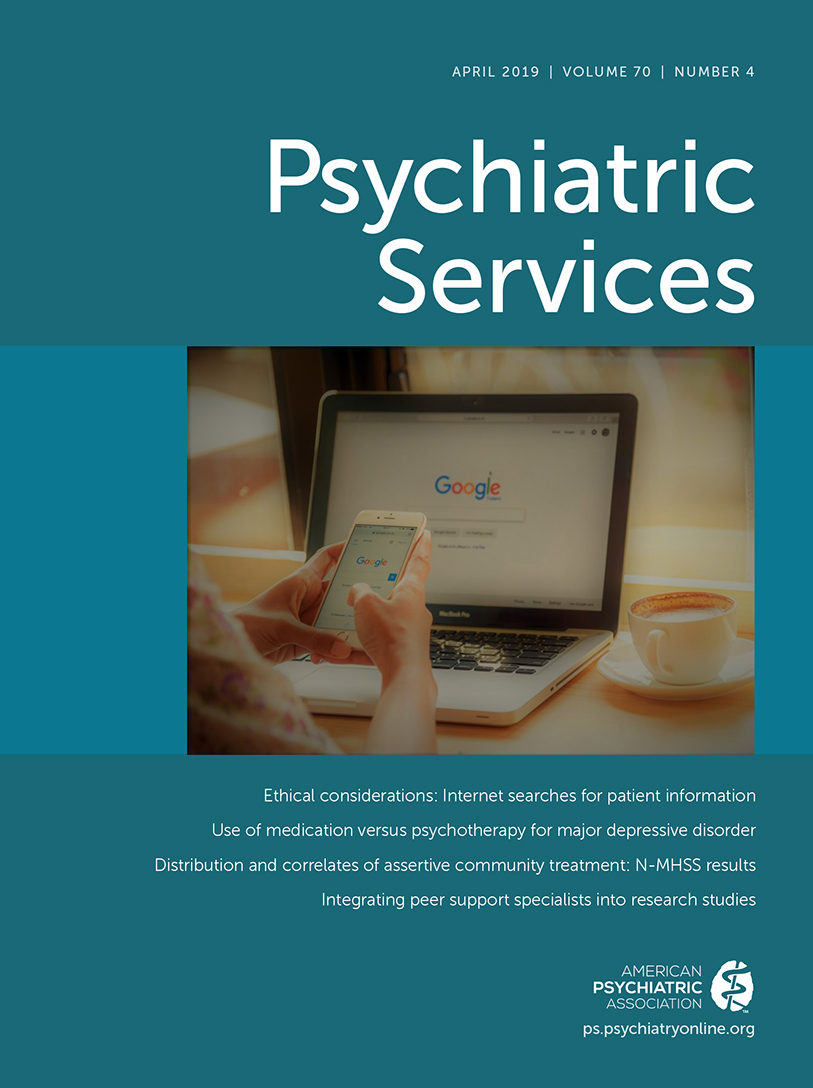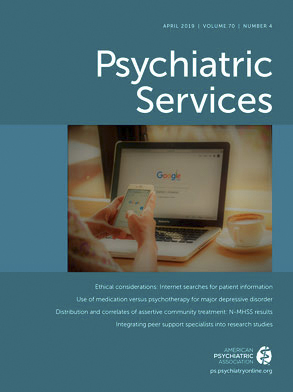We describe an 8-year clinical experience extending the scope of an existing primary care collaborative care model to include evaluation and treatment of individuals with a bipolar disorder. Physician leaders from a federally qualified health center (FQHC) and a community mental health center (CMHC) in Northwest Indiana integrated clinical services by implementing collaborative care in the FQHC with psychiatric consultation provided by the psychiatrist-director at the CMHC. Over half of the population served in these clinics were uninsured, dually eligible for Medicare and Medicaid, or eligible for Medicaid only.
Using a collaborative care model, primary care providers (PCPs) identified patients with depressive or other psychiatric symptoms and started treatment in primary care. Soon after initiating the program, the psychiatric consultant received requests by the PCPs for evaluation and treatment of patients with suspected bipolar disorder. The consulting psychiatrist supported the PCPs and responded to clinical requests, without restricting the collaborative care caseload. In general, PCPs were interested in caring for patients with bipolar disorder. They appreciated the opportunity for case review and guidance from a psychiatrist, reporting that they had previously provided treatment for bipolar disorder without psychiatric consultation, and that they valued collaborative care in the clinic in general. Additionally, patients frequently preferred treatment in primary care for single-site care and because of perceived stigma associated with a mental health clinic.
The CMHC staff working in collaborative care had prior experience in the CMHC setting caring for individuals with bipolar disorder but found that they required new strategies for extending their existing skills into primary care.
One important task included creating procedures for these care managers. Additional standardized team functions facilitated providing care to patients in the FQHC with limited psychiatrist time. Led by the psychiatrist, the team divided care into obtaining patients’ general medical and psychiatric history; administering measures, such as the Composite International Diagnostic Interview–3 for bipolar disorder and the Patient Health Questionnaire–9; obtaining and reviewing past treatment records; using a set of patient self-management tools; using a standard algorithm for medication treatment and laboratory monitoring; and distributing a printed pocket summary or treatment instructions for PCPs. Additional support to PCPs included weekly in-person brief contacts, presentations at clinic meetings, distributing a printed bipolar disorder care roadmap, and immediate availability of phone consultation when needed.
As with usual collaborative care, the care managers and PCPs gathered data and provided direct patient care, then reviewed cases with the consulting psychiatrist. Additional time and focus were important at decision points, including diagnosing bipolar disorder and initiating a treatment change.
Psychiatric case review in these circumstances was often more intensive than usual case review. Consistent retrieval of reliable information was important. With practice, the psychiatric consultant could efficiently review collected clinical information during case review and suggest next steps in care (including next steps in evaluation). Case review continued for patients recurrently, and the psychiatric consultant reviewed all bipolar disorder diagnoses made in the FQHC and treatment changes for patients receiving the diagnosis. For patients with bipolar disorder, the consulting psychiatrist recommended initial and subsequent medication treatments, including detailed guidance as needed. The care manager and psychiatric consultant maintained a patient registry with a spreadsheet that included diagnosis, treatments, and results of symptom measures to monitor treatment of the population. Collecting clinical data provided opportunities for prospective observation and continued assessment of diagnosis and response to treatment.
Extending the scope of collaborative care led to FQHC evaluation and treatment of 920 individuals with a bipolar disorder diagnosis, many of whom would otherwise not have had any direct or indirect care from a psychiatrist. A total of 258 (28%) patients were referred to a CMHC when response to treatment steps was lacking. Additionally, some features of the primary care setting, such as access to urgent clinical contact when needed and onsite access to laboratory monitoring, were helpful for caring for individuals with a bipolar disorder.
Collaborative care can increase the capacity of psychiatric availability. We found that when clinicians from an FQHC and CMHC work together on a shared goal of caring for individuals with bipolar disorder, collaborative care could be extended to care for these patients in an FQHC.

